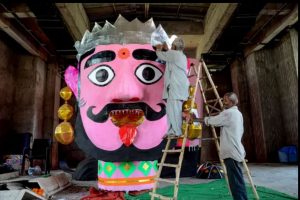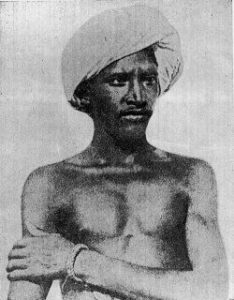Kabirdas Jayanti, the birth anniversary of 15th-century Indian saint and poet Kabirdas will be observed on Thursday, i.e, June 24. Kabirdas’s writings, largely found in Sikh scripture Guru Granth Sahib, highly dominated India’s Bhakti movement. Apart from being a poet, Kabirdas was also a social reformer. He was also a founder of the Kabir Panth known as Panth of Kabir. It is a religious community that considers Sant Kabirdas as its founder.
Saint Kabirdas wrote meaningful verses that even 21st-century people can resonate with. He was best known for his two-line couplets, known as Kabir ke Dohe. Remembering saint Kabirdas’s magical and most popular verses on the occasion of Kabirdas Jayanti.
Also Read: What is Ekadashi Vrat?
Dukh mein sumiran sab kare, sukh mein kare na koye
Jo sukh mein simran kare, toh dukh kaahe ko hoye
This verse holds a lot of significance in today’s self-centered world. This means everyone remembers God in times of sorrow and trouble to either complain about their situation or ask for help/mercy, but no one reminisces God in times of happiness and success. Saint Kabir suggests if one starts remembering God in happiness then there will be no sorrow left in his life.
Aisi vaani boliye, mann ka aapa khoye,
Apna tan sheetal kare, auran ko sukh hoye
In the 21st century, when all that we seem to be happy with is, quarrel, yelling, putting blames on the other person, and whatnot. This hold especially true for the rising troll and cancel culture. Here, saint Kabir said, One should speak sweet words to others so that they remember you for your words. If we pick sweeter words instead of bitter and vitriolic speech, people will also feel satisfied and happy and it will give us happiness too.
Bura jo dekhan main chala, bura naa milya koye,
jo mann khoja aapna, toh mujhse bura na koye
Here, Kabirdas says that bad things are not happening outside in the world but what’s going on inside us. If we go find out bad and evil in others, we will find no one but if we really start to contemplate our words and actions, we will realise that the worst is in us. The biggest strength for a human is to understand his shortcomings, once we identify them, we must work on it to become a better version of ourselves.




